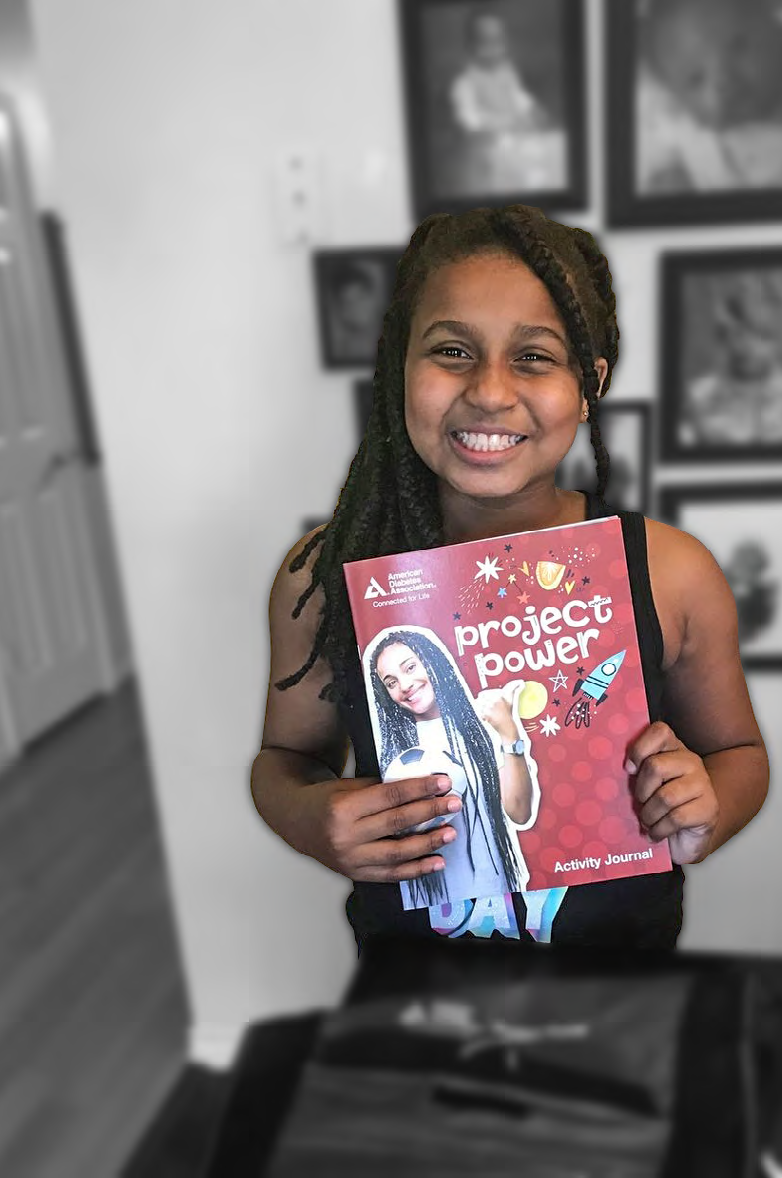Reducing Childhood Diabetes and Obesity Through Education and Support

Originally Published in Quest Diagnostics' Quest for Health Equity 2021 In Revi…
Project Power is anAmerican Diabetes Association(ADA) initiative focused on slowing the spread of childhood obesity and diabetes among children ages 5–12 by promoting healthy habits, nutrition education, increased physical activity, and family involvement. This innovative free program connects youth who are at risk for type 2 diabetes with peers in a supportive educational environment.
Project Powerapplies behavior change principles to support children in making healthier choices related to nutrition, exercise, and daily habits, which are evaluated via periodic post-session check-ins. Education sessions are also provided to parents, enabling them to reinforce the healthy behaviors their children learn through Project Power. The program is run by volunteers, many of whom are students pursuing degrees in health professions including nursing, nutrition, and pharmacy.
Due to COVID-19, Project Powertransitioned to a virtual format. This enabled the ADA to scale the program and reach students in under-resourced communities. Q4HE’s support is enabling the ADA to engage more children through group meetings, hands-on activities (when permissible), partnerships with nonprofit community partners, and resources for long-term engagement. Ultimately, this focus on reducing preventable health risks can enable more children to experience a better quality of life.
With Q4HE’s support, the ADA can engage more children to reduce preventable health risks and enable them to experiencea better quality of life.
“To create healthier communities and close this gap, we must start with younger populations. With support from Q4HE, we can empower young people with the information they need to make healthy choices and achieve better outcomes. Even if these children aren’t entirely making their own choices about their health and nutrition, empowering them with information to make healthy choices is critical. As they grow, they can hold on to these messages regarding healthy choices to lessen the risk associated with these diseases.”
–Sherry HillProgram Director, Project Power

